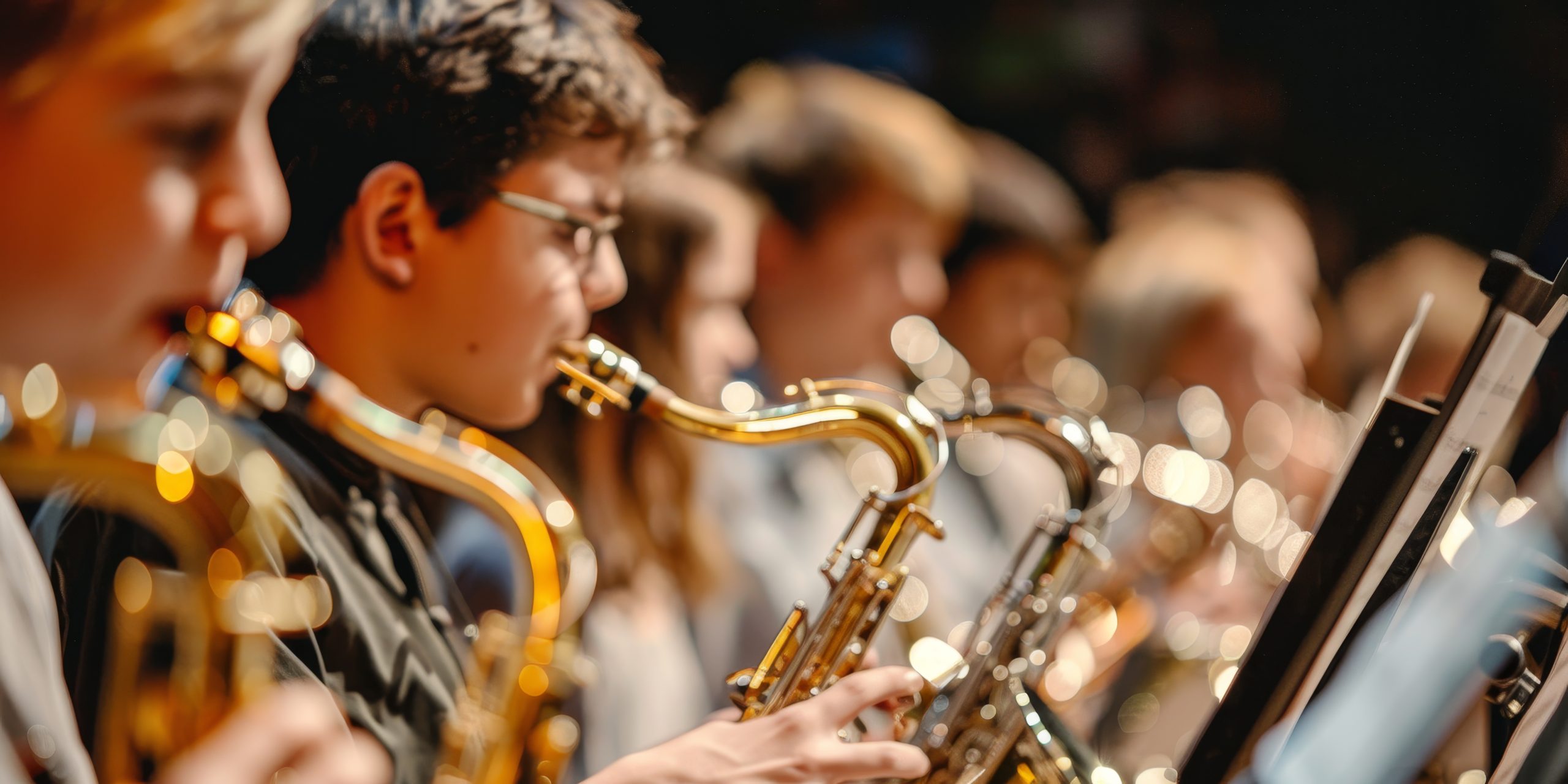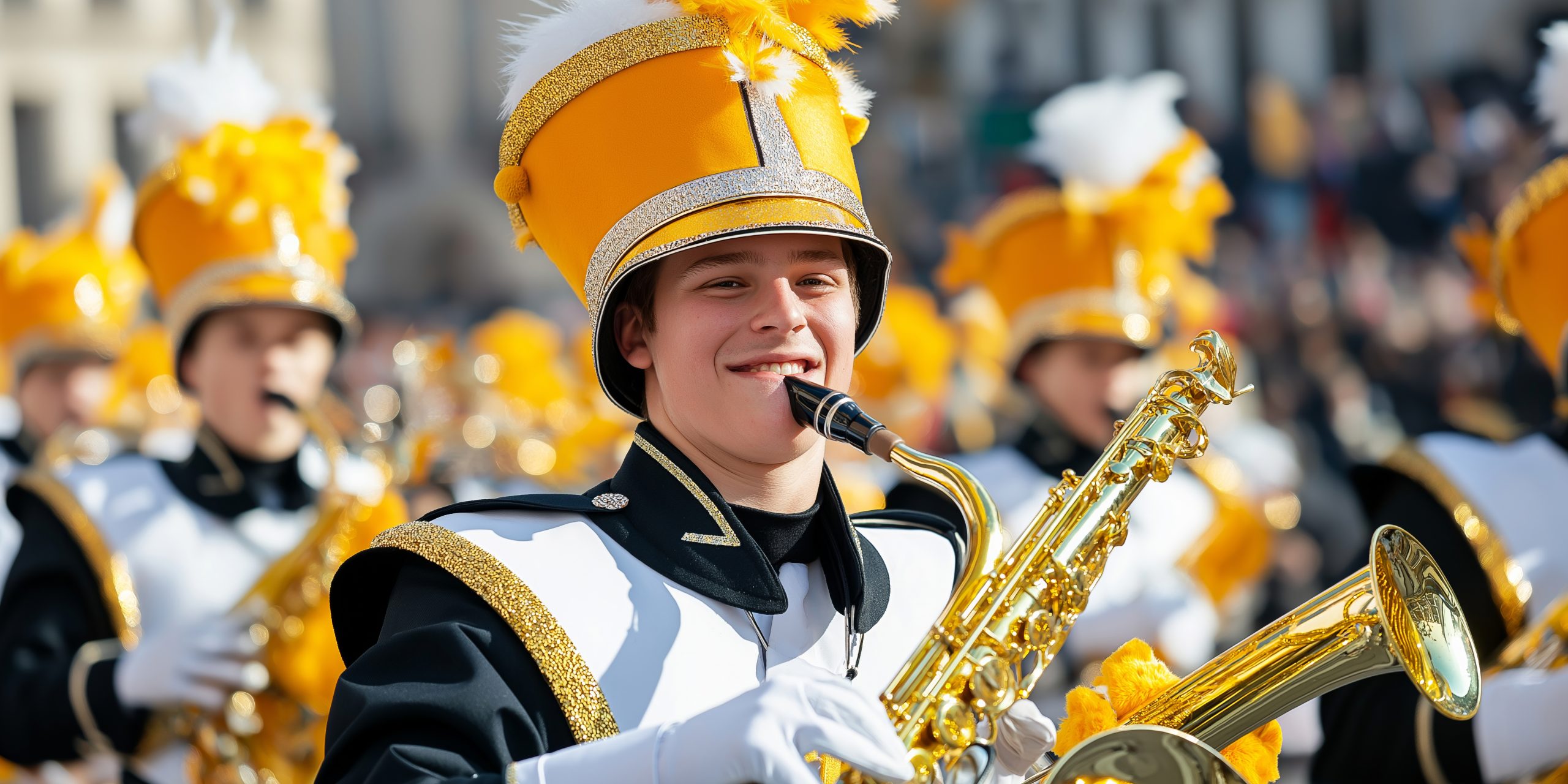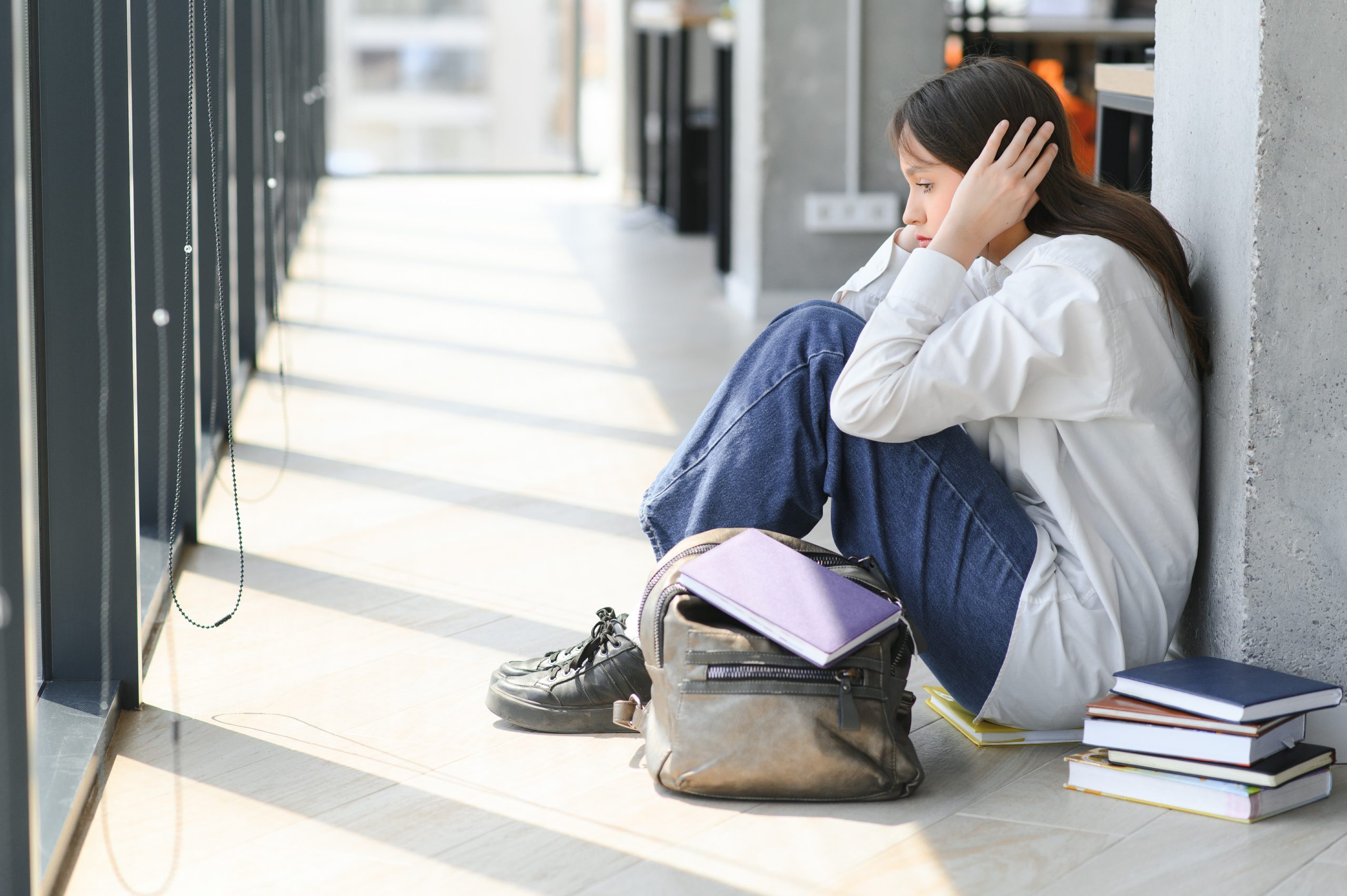How to plan safe, meaningful, and joyful travel experiences for all students — including those with developmental and physical disabilities.
Every student deserves the opportunity to participate fully in music education — and that includes travel. Whether your group is headed to a local festival or an international tour, planning with inclusion in mind ensures that students with disabilities are not just present, but actively engaged, supported, and valued.
Here’s how to create an inclusive travel experience that prioritizes safety, dignity, and shared joy.
🧠 Understand Individual Needs and Strengths
Inclusion begins with relationships. Before making travel arrangements, talk with each student, their family, and any support staff to understand:
- Their physical, sensory, or cognitive needs
- Medical considerations (equipment, medications, emergency plans)
- Social, emotional, or behavioral challenges and supports
- Preferred accommodations or routines that reduce anxiety
Important: Always approach these conversations with empathy and openness — not assumptions. Ask what’s worked in past travel experiences and what concerns the student or family might have.
🏥 Build Medical and Accessibility Planning Into the Itinerary
Whether it’s a student with a mobility aid, sensory processing disorder, or a chronic medical condition, your itinerary should account for their comfort and safety:
- ✅ Ensure hotels and venues are ADA-compliant and physically accessible
- ✅ Leave margin in your schedule for rest, downtime, or medication routines
- ✅ Designate support adults for check-ins and assistance
- ✅ Provide private spaces for sensory regulation or medical needs
Travel insurance that covers pre-existing conditions is a smart move, and so is carrying medical consent forms for quick access if emergency care is needed.
🎵 Foster Musical Inclusion During Performances
Students with disabilities often shine in music — but performance travel can introduce stress or logistical barriers. Help them participate fully by:
- Adapting performance roles or responsibilities if needed
- Allowing a peer assistant or aide nearby during concerts or clinics
- Ensuring instruments or assistive devices are transported safely
- Celebrating contributions publicly, not just quietly
If a student uses assistive tech, seating modifications, or nontraditional instruments, coordinate ahead with your festival or venue staff to support their inclusion with dignity.
👫 Build Peer Understanding and Support
Students take their lead from adults. Foster a culture of inclusion by modeling respectful language and behavior. Consider holding a short group discussion before the trip:
- Affirm that everyone belongs and brings value to the experience
- Discuss how to offer help respectfully without pity or exclusion
- Emphasize empathy, patience, and being a good travel buddy
When peer relationships are strong, students with disabilities feel empowered — not spotlighted.
✈️ Plan for Comfort and Safety in Transit
Airports, buses, and crowds can be challenging for students with disabilities. Partner with families to prepare:
- Talk through boarding procedures, wait times, and sensory environments
- Offer early boarding, seat selection, or quiet areas when available
- Ensure mobility equipment or medical supplies are properly packed and permitted
- Assign trained staff to monitor safety throughout the journey
Tip: Some airports offer accessibility liaisons or quiet rooms. Call ahead to ask.
🏨 Promote Inclusion During Free Time and Social Activities
It’s not just about performances. Social time matters. Make sure group meals, park outings, and hotel hangouts are welcoming to all students.
- Use assigned groups to reduce cliques or isolation
- Provide inclusive game or conversation prompts during downtime
- Encourage student leaders to actively include everyone in shared moments
Remember: inclusion isn’t pity — it’s partnership. The goal is for every student to feel seen, respected, and involved.
🎓 Final Thought
True inclusion on a school music trip means more than physical access. It means ensuring that every student can participate with confidence, comfort, and joy — without being an afterthought.
When you plan with empathy and intentionality, you create more than just a successful trip — you create a community where all students can thrive.
Subscribe to SBO+ Magazine at sboplus.net
Stay informed. Stay inspired.














